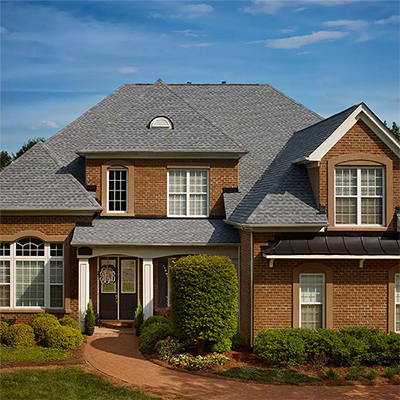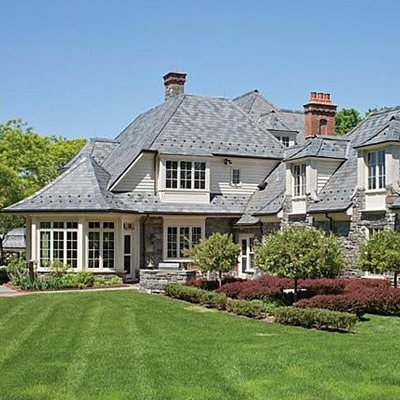How Much Does A New Roof Cost?
There are many factors that are considered in roof replacement cost estimates.
Understanding the cost of your roof
Roofing contractors take many factors into account when preparing an estimate,
including your preferences, budget, goals, and location.
How roof costs are determined
To get an accurate estimate of the cost of your new roof, roofing contractors consider several factors, including the materials, the size of the roof, and the labor involved.

Key factors that impact roof qotes
Things to consider for your new roof
How to pay for your new roof
If you're worried about the cost of paying for a new roof, consider using one or more of these preferred payment options.
Zero Down and Low
Monthly Payments
Whether your project is planned or the result of a weather event, replacing your roof can be a significant investment. Infinity Roofing can help make this investment more manageable by offering qualified applicants flexible financing options through Ally Financial. Visit our roof financing page to learn more.
Homeowners Insurance
You’re most likely already paying for homeowners insurance. Your insurance may cover the cost of replacing your roof if it was damaged in a storm. Before hiring a roofer, check with your insurance agent to see what is covered.
Credit Cards
A credit card may be a convenient way to pay for a major home improvement, such as a roofing project. After checking your credit card terms, contact us to get started with your project. We accept all major credit cards.









